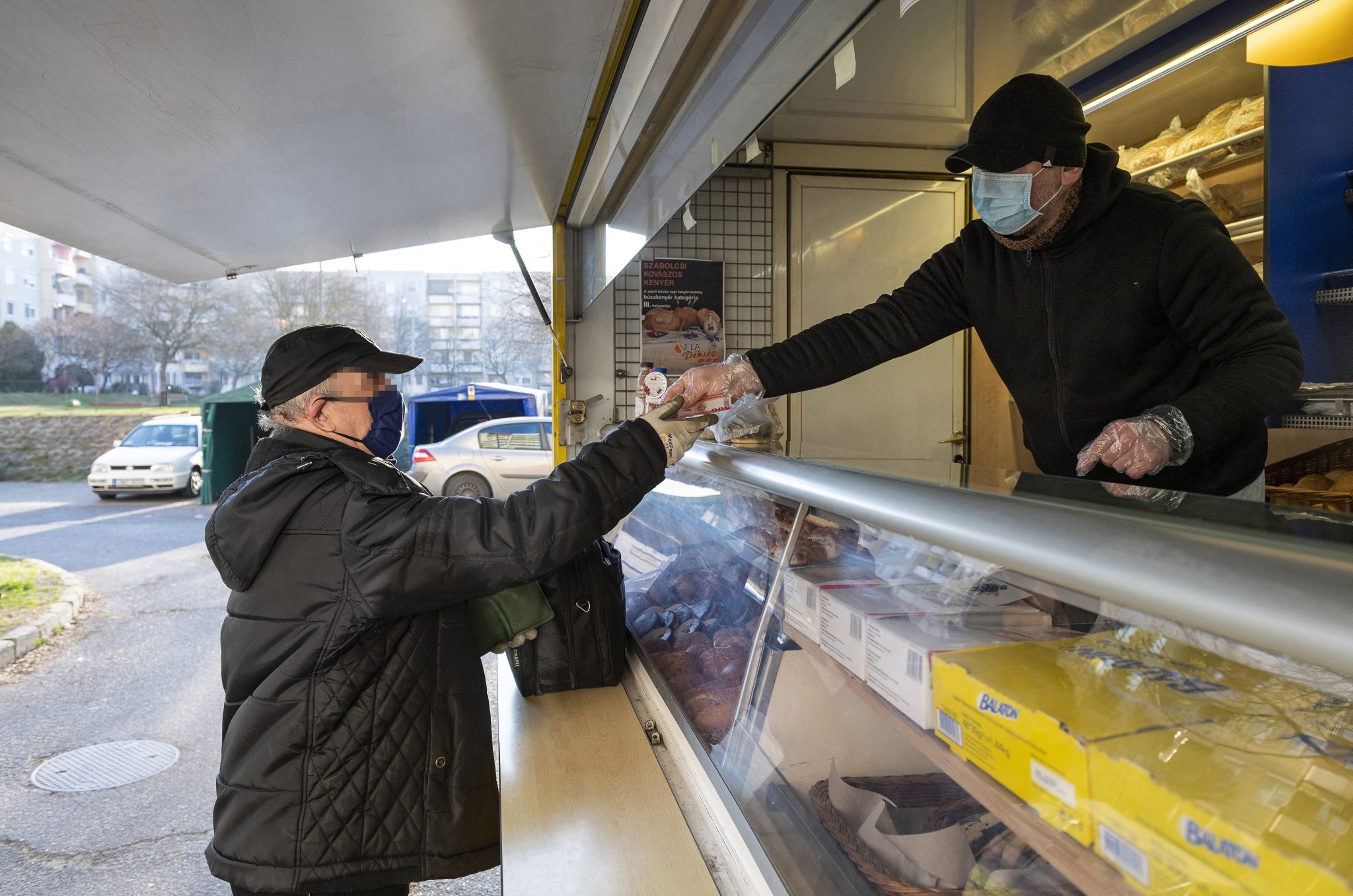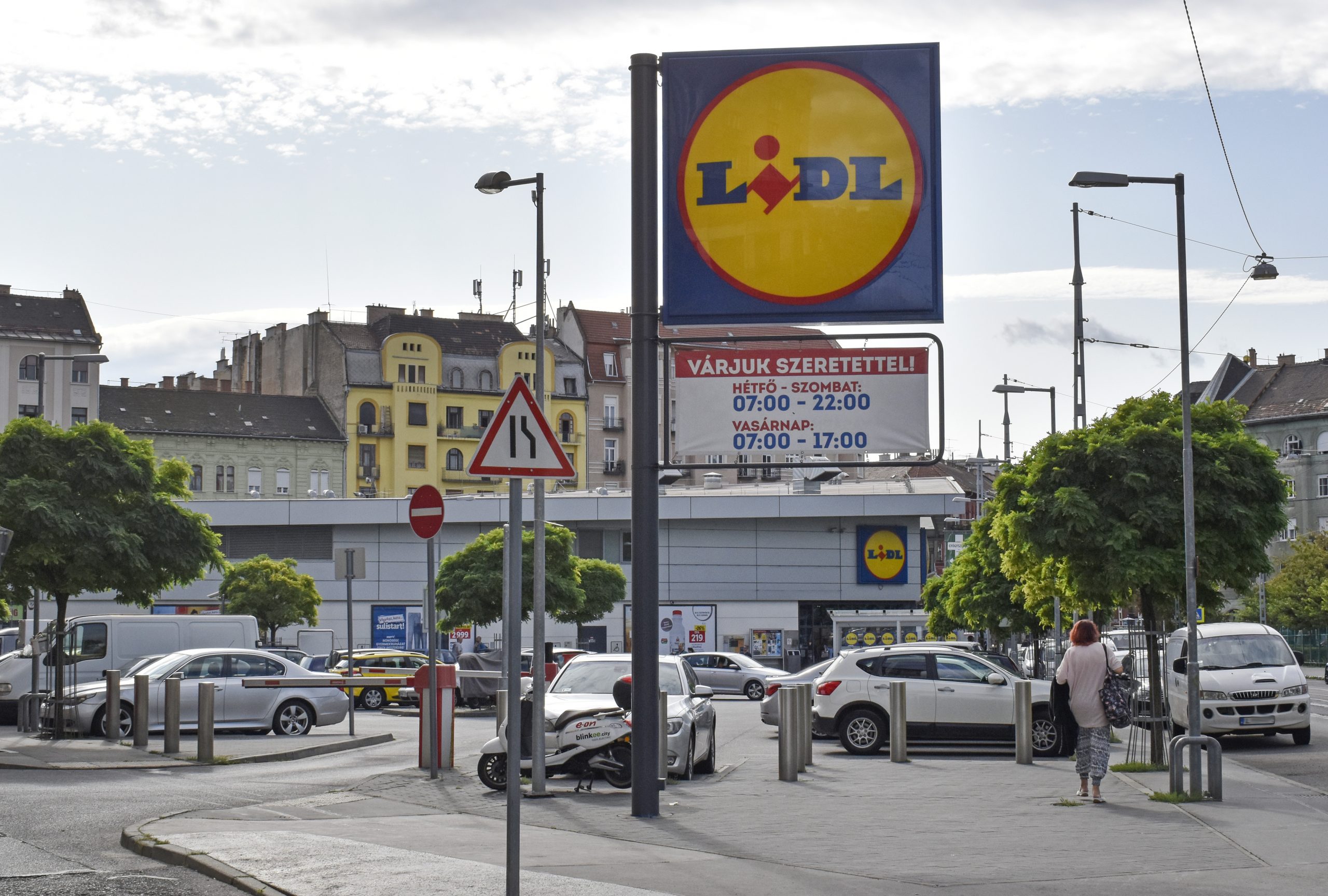
Unsurprisingly, the Covid crisis has further worsened the situation for shops.Continue reading

The economic news magazine G7 has been looking at the prices of Hungarian Aldi and Lidl, as well as the prices of the two stores in France, Romania, and now in the UK.
The methodology of the data collection is always the same; in short, they always look at the products that are not on sale, they calculate from unit prices per kilo or per liter, and if there are several products of the same type, they always buy the cheapest one in the given quantity, regardless of size.
As G7 reports, a French-Hungarian comparison only succeeded 80% because Lidl’s French range of goods is so different from its Hungarian counterparts.
The website found that nine out of 33 products were cheaper in France.
For a French shopper, butter, sour cream, tomatoes, apples, coffee, spaghetti, onions, and Maasdam cheese are cheaper in absolute terms than for a Hungarian shopper at home.
At the same time, French prices are much higher for most products, so it is not surprising that if you look at the total cost of the shopping list above, you pay the equivalent of HUF 19,865 (EUR 55) at the checkout in France instead of HUF 14,393 (EUR 40) in Hungary. This means that for G7‘s large shopping list, which is not representative and is compiled on an unofficial, subjective basis, French Lidl is 38% more expensive than Hungarian Lidl.
However, French families who earn much more than their Hungarian counterparts pay more at the checkout, but still feel that shopping is less expensive.
For the same amount of shopping, the Hungarian state collected 2.7 times more tax than the French. (Hungary has the highest VAT rate in Europe with a 27 percent tax on most products).
With the help of Transindex, G7 also analyzed the prices in Romania compared to Hungary.
As in the French-Hungarian comparison, they were forced to omit or modify certain products because Lidl’s product range and shopping habits in Romania differ from those in Hungary in a number of areas.
While the total in Budapest is HUF 14,328 (less than EUR 40), in Kolozsvár (Cluj-Napoca) the total cost of a shopping basket is HUF 12,800 (EUR 35), which is 10.6 percent cheaper.
It is worth pointing out that the value of the Romanian basket is mainly driven down by the shockingly low price of vegetables in Hungary, while dairy products and meat tend to be more expensive there.
In Romania, this shopping example accounts for 9.2 percent of monthly wages, while in Hungary it only accounts for 6.8 percent.
So the result is the same as in the French-Hungarian comparison, but in reverse: even though shopping costs more in Hungary, it is much less of a burden than in Romania thanks to higher incomes. However, there are also products that Hungarian consumers pay less for, such as ESL milk, 1.5 UHT milk, chicken and turkey breast fillets, mineral water, salt, and Gouda cheese.
The Hungarian state collected almost 2.5 times as much tax on purchases as the Romanian state. Although the consumer basket in this case is not representative and not official either, one of the results of the survey is that a Lidl store generates the same amount of revenue in Romania as in Hungary.
In the United Kingdom, 14 out of 31 products surveyed are cheaper than in Hungary, and often by more than just a little. Spaghetti and rice, potatoes, flour, carrots, and some dairy products, as well as oat drinks, are also much cheaper.
In England, we would have paid the equivalent of HUF 13,260 (EUR 37) per pound, and in Hungary HUF 11,886 (EUR 33) for the same 31 products of the same quantity.
Aldi in the UK is therefore 11.5% more expensive than Aldi in Hungary, according to G7. This means that although 14 out of 31 products are cheaper, the higher prices of the other 17 are more than made up for by the lower prices of the other 17.
However, a Hungarian salary costs 5.6 percent of what we spend on shopping, compared to only 1.6 percent of a British salary.
Not surprisingly, this (non-representative) comparison shows that it is 3.5 times more burdensome for a Hungarian family to buy the same thing in the same shop as it is for an English family.
Featured image via László Róka/MTVA